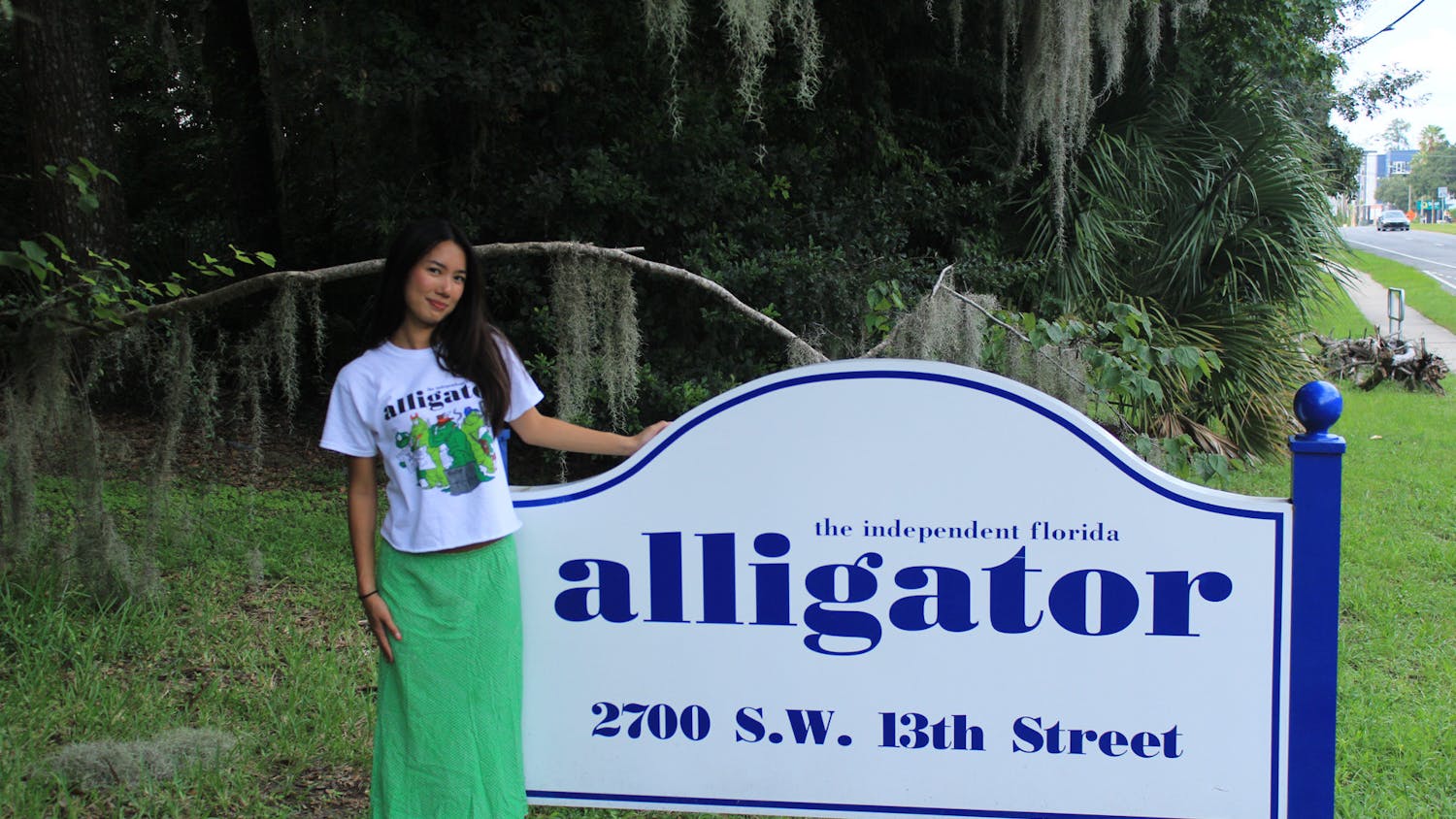As consumers of media, we often encounter public intellectuals: well-known, intelligent, learned persons whose written works and other social and cultural contributions are recognized not only by academic audiences and readers, but also by many members of society in general. Vaclav Havel, Noam Chomsky and Gloria Steinem are all prominent public intellectuals who contribute to discourse across a wide span of topics that affect our lives, from politics to economics to feminism.
With the advent of Internet fame, now, a new phenomenon has emerged: the rise of public optimists.
They appear on talk shows, their memoirs are picked up by Oprah’s Book Club, and, in the case of Sam Berns, a teen with Progeria, they host TED talks and are the subjects of HBO documentaries.
Sam died at the age of 17 on Friday due to complications with Progeria, a rare disease that accelerates aging. Most children with Progeria die at 13, according to NPR.
At a TED talk in December, Sam described his philosophy for coping with Progeria and maintaining a happy life. He said his hobbies — playing drums in his high school’s marching band, hanging out with his friends and studying biology — give him a sense of purpose during the difficult times he faces as a person with a terminal illness.
“Even though there are many obstacles in my life, I don’t want people to feel bad for me,” Sam said, according to NPR. “I don’t think about these obstacles all the time, and I’m able to overcome most of them anyway.”
His death was a shock to his family, who expected him to attend college in the Fall.
Sam’s life and his openness about struggling with his rare disease represents what is perhaps the most touching — and heartbreaking — type of public optimist: children.
America lost another young public optimist last year: Talia Castellano. Talia, a 13-year-old girl with cancer who achieved Internet fame with her YouTube makeup tutorials, died in July. Talia is famous for appearing on “The Ellen DeGeneres Show” and telling the audience, “When people ask me that, what do you want me to do, be depressed? I mean, a little fishy told me, ‘Just keep swimming, just keep swimming!’”
We are drawn to the stories of public optimists who refuse to let their illnesses, disabilities and harrowing experiences define them, or who use those experiences to educate others. Furthermore, we need these public optimists to provide perspective in our lives: While both petty problems and big dilemmas plague us daily, from unpaid bills to piles of homework to relationship and family troubles, public optimists remind us that life is fleeting. Rather than dwelling on the impermanence of our existence, however, these public optimists urge us to value our lives and dedicate them to bettering ourselves and the world.
A version of this editorial ran on page 6 on 1/13/2014 under the headline "R.I.P. Sam Berns: The importance of public optimists"




